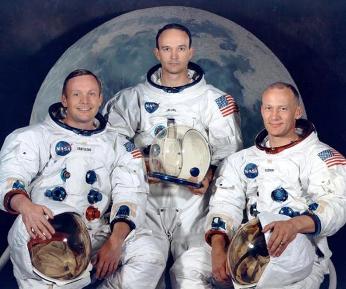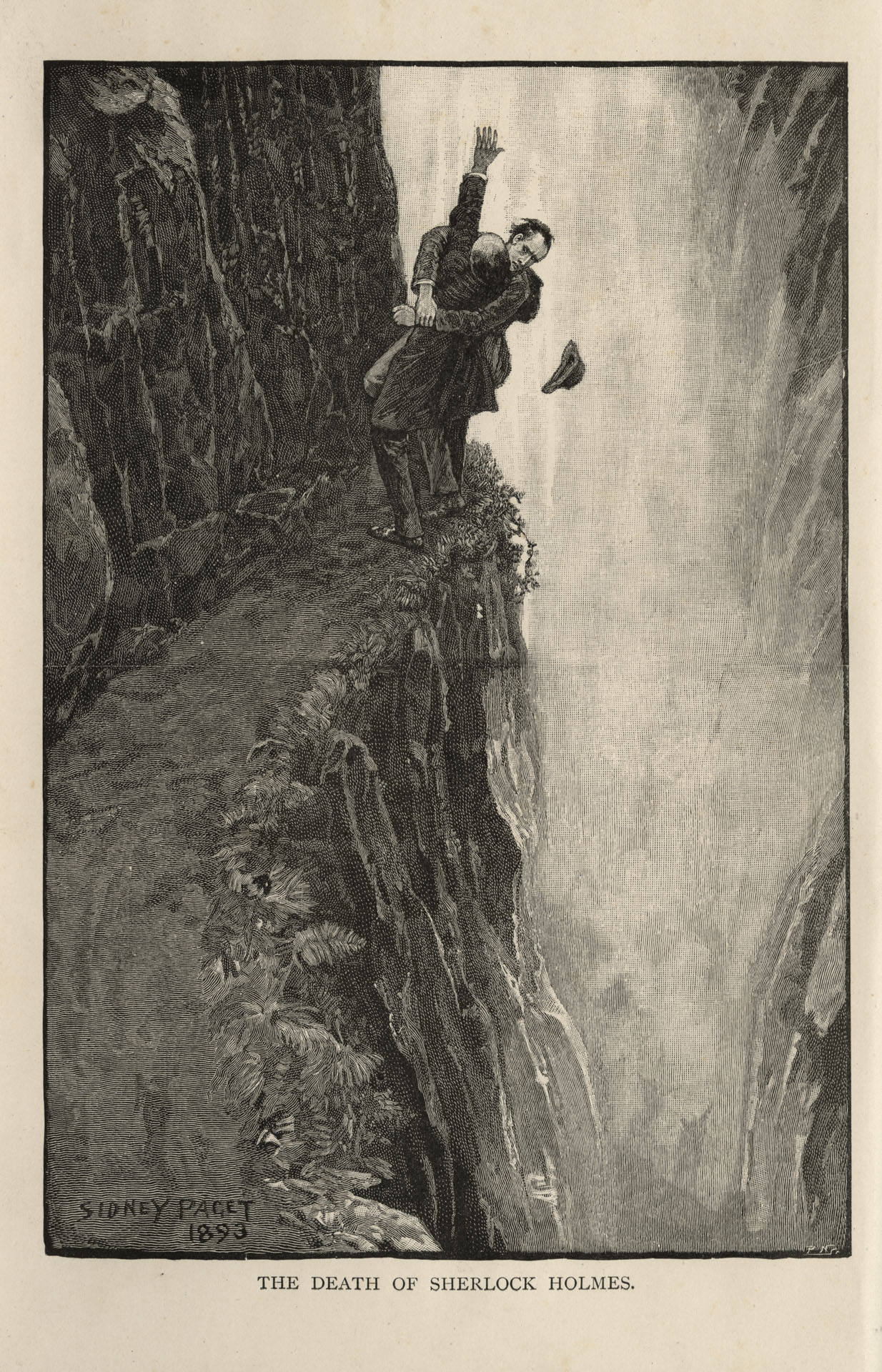Monday, July 20th marked the 40th Anniversary of the Apollo 11 Moon landing.
In a White House meeting, President Obama welcomed Neil Armstrong, Buzz Aldrin and Michael Collins and called them “genuine American heroes. I think it’s fair to say” the president said, “that the touchstone for excellence in exploration and discovery is always going to be represented by the men of Apollo 11.”

Whenever the subject of heroes comes up most of us tend to think first of police, firemen, doctors, nurses, soldiers.
What is the nature of a hero?
I explored this question in a conversation with former Marine Captain and Bronze Star recipient Dale Dye. He reveals that the critical situations in life transform some individuals to act out of a larger purpose that does not always mean a direct risk to your life.
“I would say a hero has two basic qualities: a selfless devotion to what’s right, whether that’s his duty or not, and the courage of his convictions. That’s simplistic but the classic example, of course, is the firemen and policemen who went into the World Trade Center and the Pentagon. Look, that was a dangerous situation. Everybody knew it was a dangerous situation. But those folks had a higher devotion of doing something larger than themselves. It wasn’t just about a job at that point. Nobody is going to die for a job. They were outside themselves.
“We have a long history as human beings, regardless of nationality, of basing our ethos on specific heroes; people, who demonstrated a larger view of things, who think, feel and respond outside themselves. And thinking is sometimes a confusing term. I don’t think genuine heroes spend a lot of time contemplating that issue. I think they instinctively feel it as – this is right. And if you were to press them, in many cases, they probably couldn’t tell you why other than some vague notion. And that’s okay. It’s not necessary that our heroes be massive intellectuals. It’s only important that they do what needs doing in critical situations.
“But let’s take it out of a catastrophic event or combat situation. Let’s say you have a really good friend who’s involved in something that’s untoward. You can say to yourself, ‘Look, no skin off my nose. That’s what he wants to do. He’s a big boy and can do whatever he wants, and I’ll be here if he needs me.’ Well, that’s not courageous. What’s courageous is you say, I’m more concerned about him than I am about me, so I’ll confront him. I’ll say, ‘Listen, you know this isn’t right. You know this is something that you shouldn’t be doing. Why are you doing it? If there’s a way I can help you, I will help you.’
“You may have known this guy for thirty-five, forty years… may be your best pal. And he says, ‘Well, screw you. You’re not my buddy. If you’re going to poke your nose inside my life; if you’re going to impose your morality on me, then you’re not a friend. You’re just some right-thinking wacko.’ And that’s very hurtful, but you stand your ground. You may lose the guy that you’ve loved for thirty-five years. And yet you have the courage of your convictions.”
Comments









